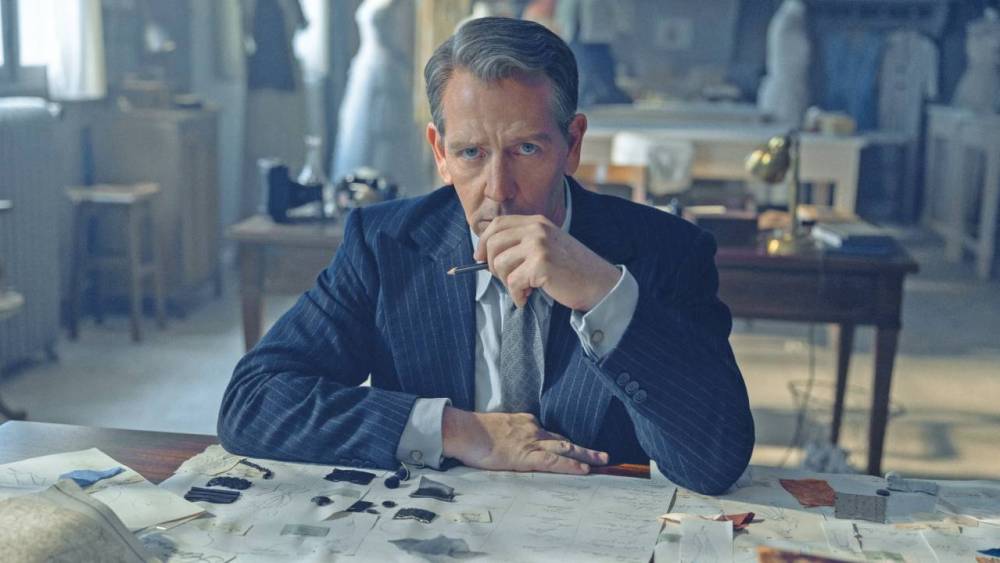A California lawyer turned longtime business chief for Tarak Ben Ammar, Brigitte Segal had no background in soundstage operations when she took over Les Studios de Paris in 2015. But that outsider perspective proved to be an unexpected strength, prompting her to rethink and restructure the entire business.
“Broadly speaking, this kind of management is very straightforward,” Segal says. “You’re essentially renting out empty space to productions of all sizes. But at the time, the teams in place weren’t fully equipped to handle the demand — and the clientele was very different from what it is today.”
French filmmaker Luc Besson founded the sprawling studio complex in 2012, driven by his longstanding desire to shoot ambitious productions close to home. In its early years, however, the studio primarily hosted projects from Besson’s own EuropaCorp banner, with only a handful of additional local titles filling in the gaps.
One of Segal’s first strategic moves was a targeted charm offensive aimed at Hollywood, paired with a major overhaul of the pricing structure.
Her efforts paid off, as the studio gained global visibility thanks to two standout productions — Pablo Larraín’s “Jackie,” which involved rebuilding the White House and Air Force One on-site, and the Canal+ series “The Bureau,” which used the facility as a full-service production hub, replete with writers’ rooms, executive suites and workshops.
Since then, the studio has welcomed Netflix’s “Emily in Paris” and “Murder Mystery 2,” AMC’s “The Walking Dead: Daryl Dixon” and Apple TV+’s “The New Look,” all of which benefited from an 11-plus acre complex spread across nine soundstages. But after a so-called “golden age” at the crest of Peak TV, the 2024 Olympics brought a more bittersweet chapter.
Repurposed as an athletic training center and the main dining hall for the Olympic Village, the studio had to pause regular production for 10 months last year. Still, Segal and her team found satisfaction in the viral videos shot on-site, which at least boosted the studio’s visibility during the lull.
Since reopening last fall, Studios de Paris is now back in full swing — this time with an Olympic-era infrastructure advantage.
“Transportation is no longer an issue,” Segal notes, pointing to the new rail lines that link the studio directly to central Paris and the Eurostar hub at Gare du Nord. “Getting 400 extras to set by car is a nightmare — you’re bound to lose a few along the way. For us, it’s a piece of cake. Accessibility is our edge.”
Looking ahead, Segal plans to emphasize efficiency as a key selling point — for both the studio and the broader French production ecosystem.
“With a 40% tax rebate and a $2.2 million cap on VFX, France remains highly competitive,” she says. “Costs are still well below those in the U.S. or the U.K., and with a hard cap of 60 working hours per week and no overtime, our crews show up, hang up their coats and get straight to work.”
Expansion is also on the horizon. Plans are underway for a multi-story parking facility, several apartment units and enhanced services — including a pre-assembly workshop, a possible painting facility, and eventually, a new soundstage.
“We also have longstanding agreements with top suppliers for equipment and rigging,” Segal adds. “So we can guarantee everything is readily and immediately available. In that sense, we’re very much a one-stop shop.”
Read the full article here


